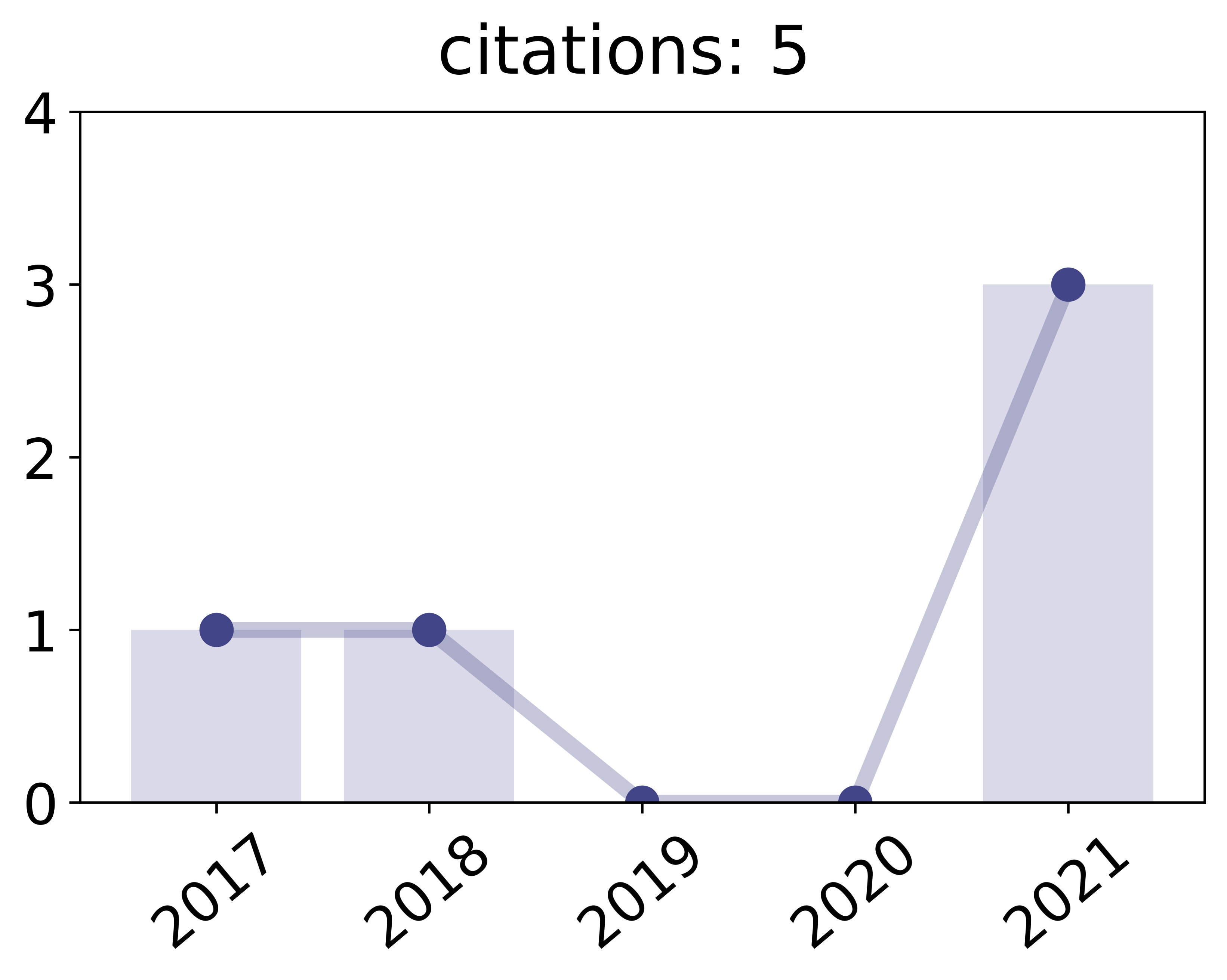2025
Abourayya, Amr; Kleesiek, Jens; Rao, Kanishka; Ayday, Erman; Rao, Bharat; Webb, Geoffrey I.; Kamp, Michael
Little is Enough: Boosting Privacy by Sharing Only Hard Labels in Federated Semi-Supervised Learning Proceedings Article
In: Proceedings of the AAAI Conference on Artificial Intelligence (AAAI), AAAI, 2025.
BibTeX | Tags: aimhi, FedCT, federated learning, semi-supervised
@inproceedings{abourayya2025little,
title = {Little is Enough: Boosting Privacy by Sharing Only Hard Labels in Federated Semi-Supervised Learning},
author = {Amr Abourayya and Jens Kleesiek and Kanishka Rao and Erman Ayday and Bharat Rao and Geoffrey I. Webb and Michael Kamp},
year = {2025},
date = {2025-02-27},
urldate = {2025-02-27},
booktitle = {Proceedings of the AAAI Conference on Artificial Intelligence (AAAI)},
publisher = {AAAI},
keywords = {aimhi, FedCT, federated learning, semi-supervised},
pubstate = {published},
tppubtype = {inproceedings}
}
2016
Ullrich, Katrin; Kamp, Michael; Gärtner, Thomas; Vogt, Martin; Wrobel, Stefan
Ligand-based virtual screening with co-regularised support Vector Regression Proceedings Article
In: 2016 IEEE 16th international conference on data mining workshops (ICDMW), pp. 261–268, IEEE 2016.
Abstract | Links | BibTeX | Tags: biology, chemistry, corresponding projections, semi-supervised
@inproceedings{ullrich2016ligand,
title = {Ligand-based virtual screening with co-regularised support Vector Regression},
author = {Katrin Ullrich and Michael Kamp and Thomas Gärtner and Martin Vogt and Stefan Wrobel},
url = {http://michaelkamp.org/wp-content/uploads/2020/03/LigandBasedCoSVR.pdf},
year = {2016},
date = {2016-01-01},
urldate = {2016-01-01},
booktitle = {2016 IEEE 16th international conference on data mining workshops (ICDMW)},
pages = {261--268},
organization = {IEEE},
abstract = {We consider the problem of ligand affinity prediction as a regression task, typically with few labelled examples, many unlabelled instances, and multiple views on the data. In chemoinformatics, the prediction of binding affinities for protein ligands is an important but also challenging task. As protein-ligand bonds trigger biochemical reactions, their characterisation is a crucial step in the process of drug discovery and design. However, the practical determination of ligand affinities is very expensive, whereas unlabelled compounds are available in abundance. Additionally, many different vectorial representations for compounds (molecular fingerprints) exist that cover different sets of features. To this task we propose to apply a co-regularisation approach, which extracts information from unlabelled examples by ensuring that individual models trained on different fingerprints make similar predictions. We extend support vector regression similarly to the existing co-regularised least squares regression (CoRLSR) and obtain a co-regularised support vector regression (CoSVR). We empirically evaluate the performance of CoSVR on various protein-ligand datasets. We show that CoSVR outperforms CoRLSR as well as existing state-of-the-art approaches that do not take unlabelled molecules into account. Additionally, we provide a theoretical bound on the Rademacher complexity for CoSVR.},
keywords = {biology, chemistry, corresponding projections, semi-supervised},
pubstate = {published},
tppubtype = {inproceedings}
}
